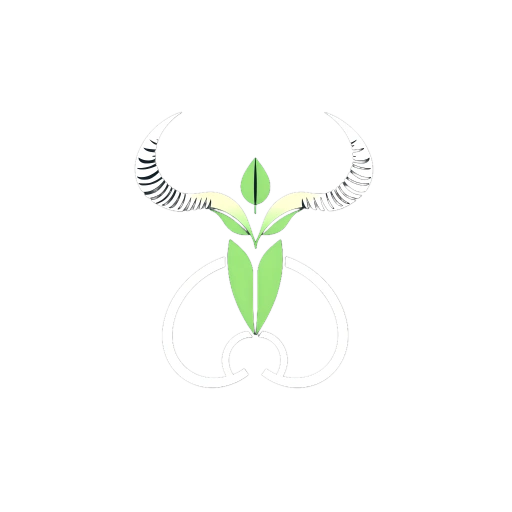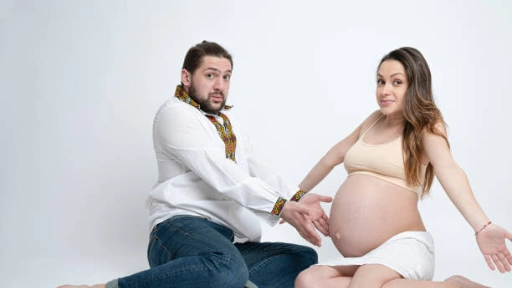In a recent study led by Dr. Sitara, researchers explored whether fathers in families with adopted children were more or less likely to be open to cuckold dynamics compared to fathers in families with only biological children. The assumption going into the study was that adoptive fathers, having already embraced non-biological parenthood, might be more open to non-traditional relationship dynamics, or at least show no significant difference from biological fathers. Surprisingly, the results showed the opposite: adoptive fathers were significantly less likely to engage in or be open to cuckold dynamics.
This unexpected finding raises intriguing questions about attachment, identity, and relationship security. What psychological and social factors could explain why fathers who embrace adoption—a form of non-biological family expansion—are more resistant to alternative relationship models?
Possible Explanations for the Findings
- Investment in Family as a Stabilizing Structure
Adoption is often a deliberate, high-effort process involving emotional, financial, and legal commitments. Fathers who adopt may have a stronger psychological drive to create a secure and structured family environment. This could translate to a more traditional view of relationships, where stability and exclusivity are emphasized over non-monogamous dynamics. - The Role of Parental Identity and Masculinity
Evolutionary psychology suggests that biological fathers may experience subconscious anxieties about paternity certainty, which can sometimes manifest as an interest in cuckold dynamics, particularly if framed around themes of submission or eroticized loss of control. Adoptive fathers, however, do not have the same biological investment concerns—they enter parenthood through choice, not biology. Instead, they may place greater emphasis on their role as a provider and protector, reinforcing a more traditional view of masculinity that could be at odds with cuckoldry. - Emotional Security vs. Psychological Vulnerability
Some theories suggest that men interested in cuckold dynamics may have a paradoxical blend of confidence and vulnerability—confidence in their ability to maintain the relationship while exploring non-traditional experiences, but also a willingness to engage with feelings of inadequacy or competition. Adoptive fathers, having already navigated the challenges of bonding with non-biological children, may be less inclined to introduce another variable that could destabilize their sense of security. - Cultural and Social Influences on Adoption vs. Cuckoldry
The decision to adopt is often influenced by personal values, societal norms, and even religious beliefs. Many adoptive parents come from backgrounds that prioritize family cohesion, commitment, and long-term stability—values that may conflict with the open-ended, exploratory nature of cuckold dynamics. If these fathers view their role as one of guardianship and legacy-building, they may be more resistant to relationship models that challenge traditional family structures. - Psychological Differences in Risk Tolerance
Adoption is a profound life decision requiring patience, perseverance, and resilience. It attracts individuals who are willing to invest in long-term outcomes and navigate bureaucratic, social, and emotional challenges. Conversely, interest in cuckoldry often involves a degree of risk tolerance—emotional, social, and sexual. If adoptive fathers have a lower threshold for relational risk, it makes sense that they would be less likely to experiment with non-traditional dynamics.
Implications of These Findings
The results of Dr. Sitara’s study challenge common assumptions about openness to non-traditional relationships. It suggests that adoptive fathers, despite embracing an unconventional path to parenthood, may be more aligned with traditional relationship structures than previously thought. This insight could have implications for both relationship counseling and research into family dynamics, particularly in understanding how different forms of fatherhood influence attitudes toward intimacy and monogamy.
Future Research Directions
To build on these findings, future studies could explore:
- The role of adoptive mothers in shaping family attitudes toward non-traditional relationships.
- Differences between open vs. closed adoptions and whether levels of biological connection impact openness to alternative relationship models.
- Comparing attitudes of stepfathers, adoptive fathers, and biological fathers to see if similar patterns emerge.
Dr. Sitara’s research provides a fascinating glimpse into the complexity of family structures and intimate relationships. The counterintuitive nature of these findings serves as a reminder that assumptions about openness and alternative relationship dynamics do not always align with reality.



